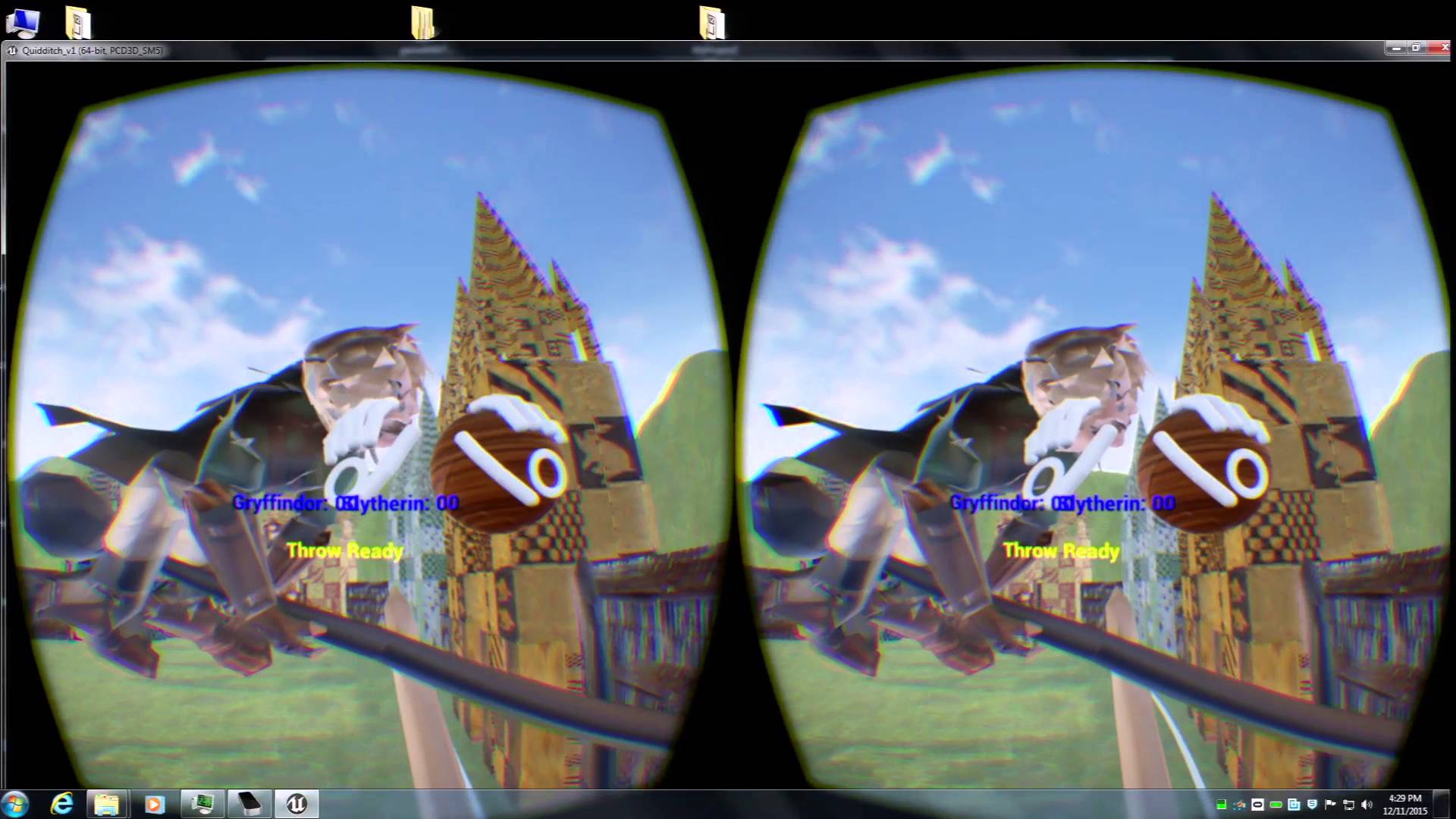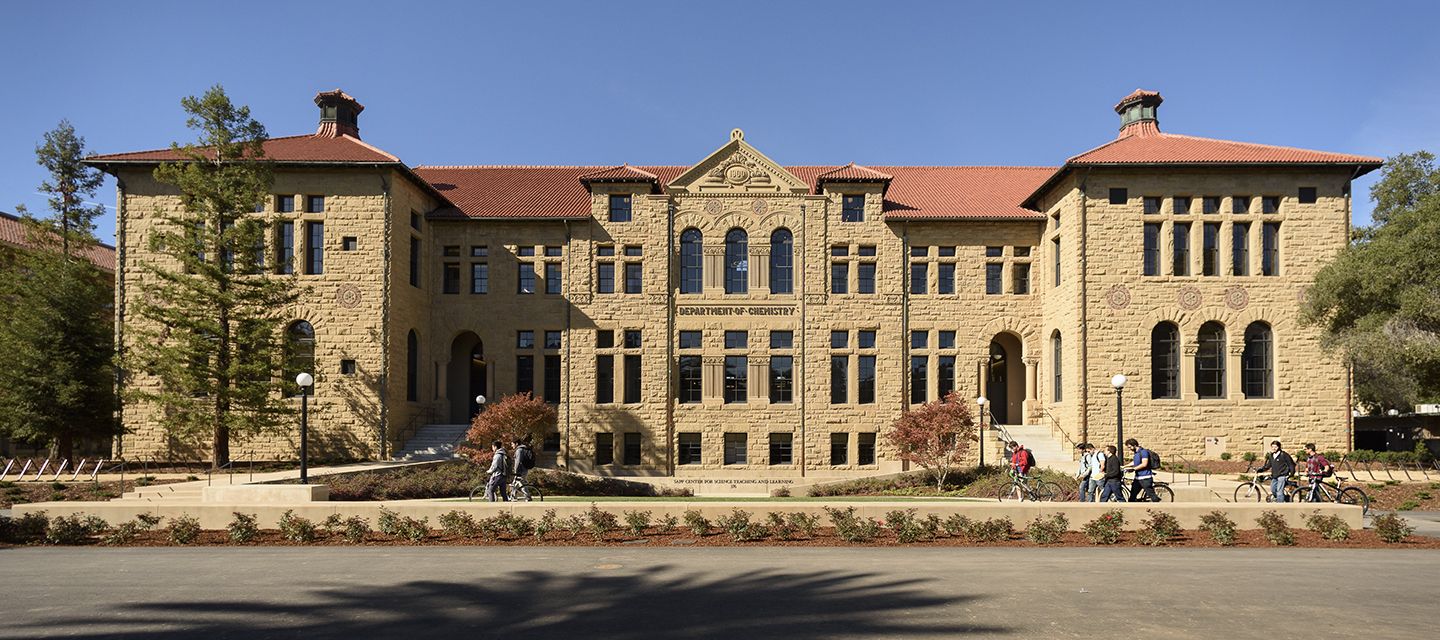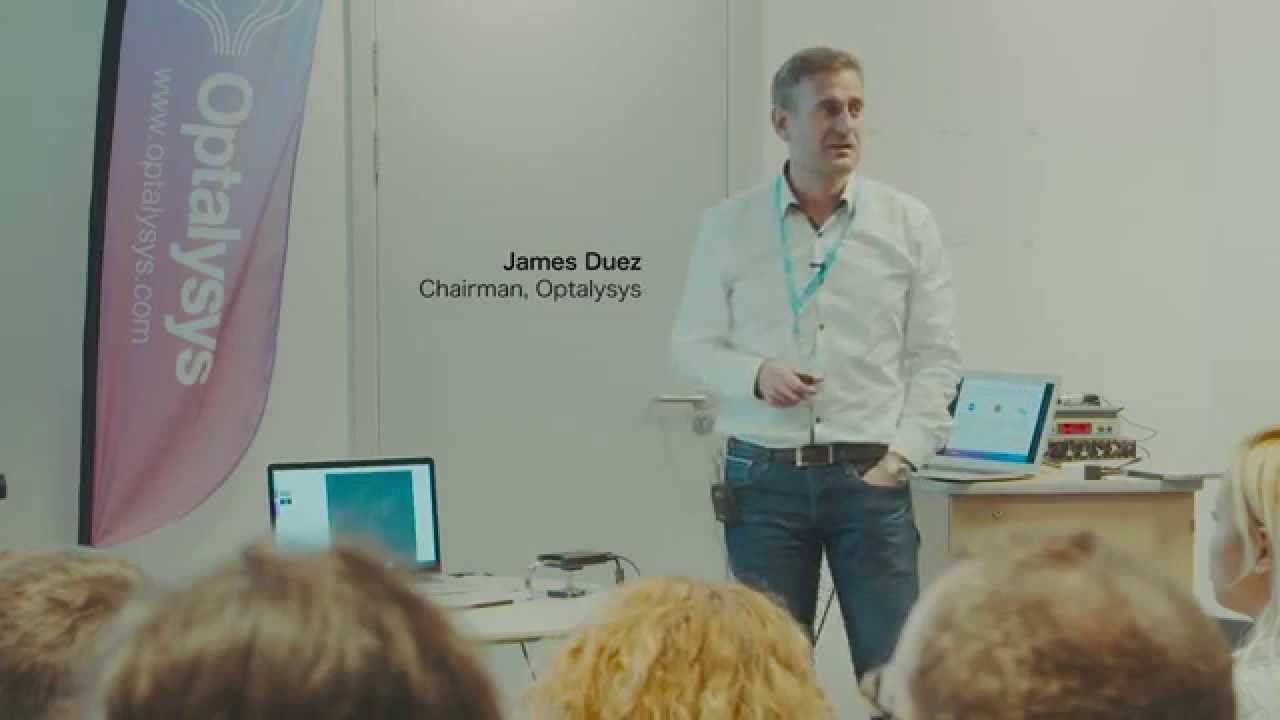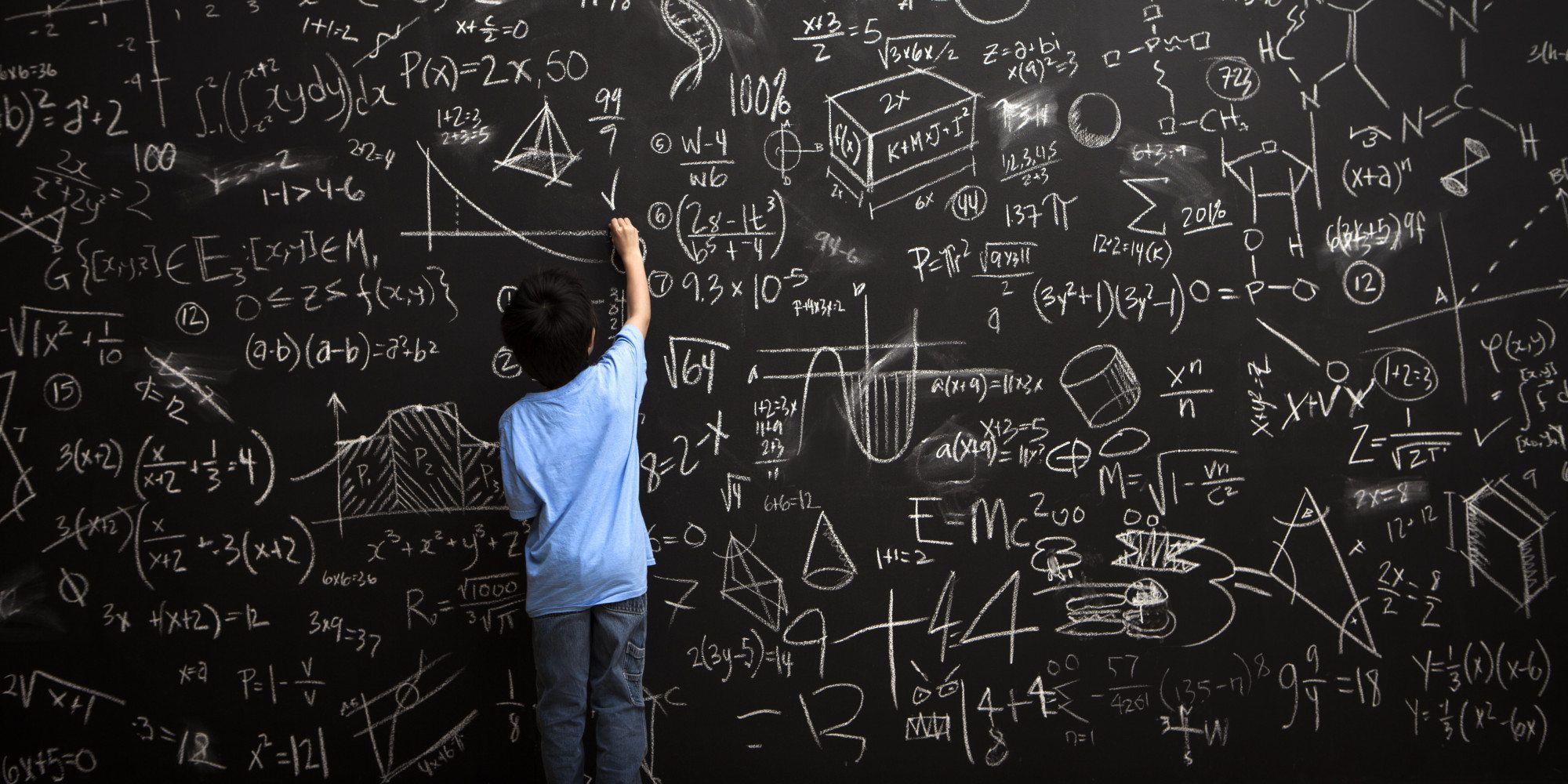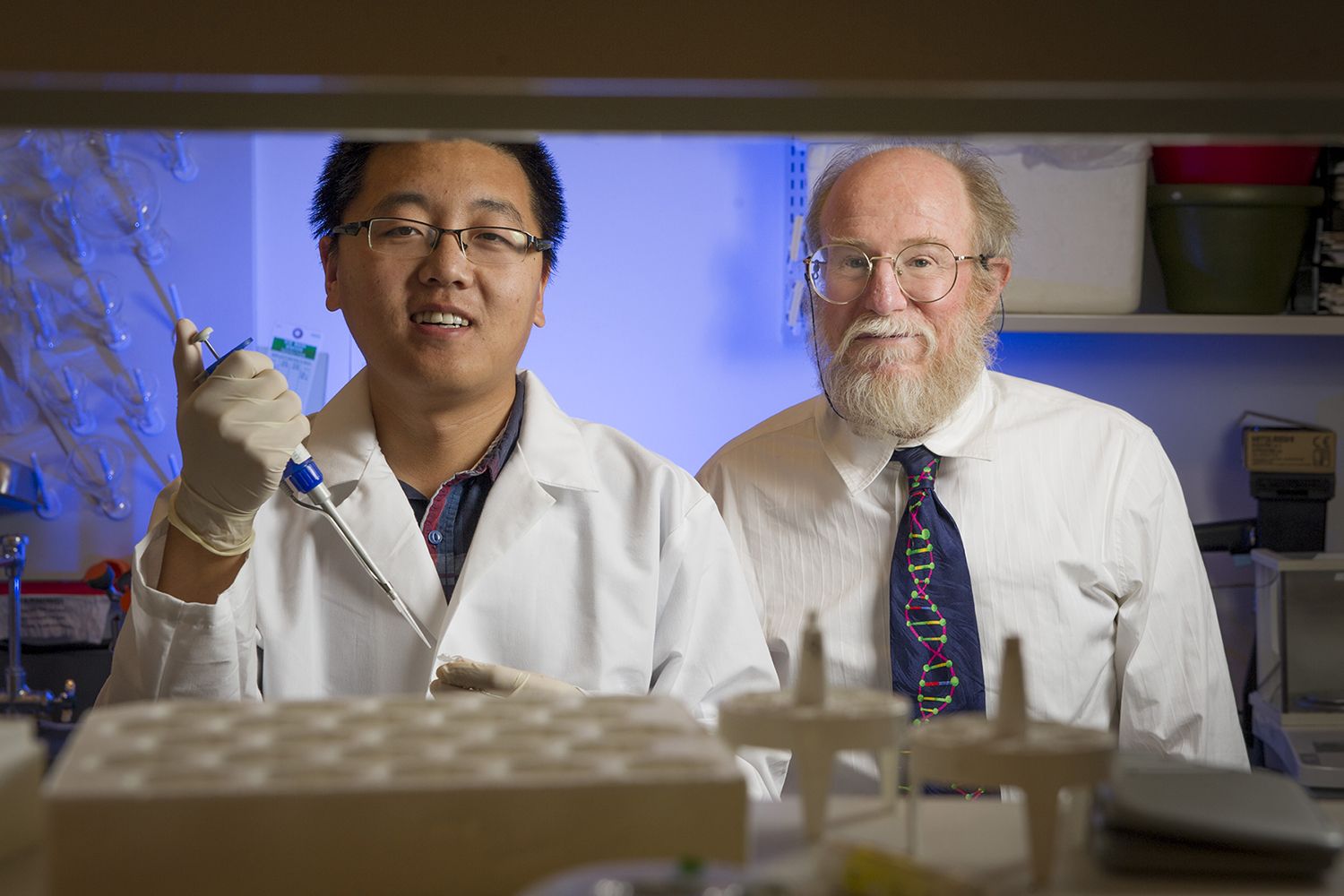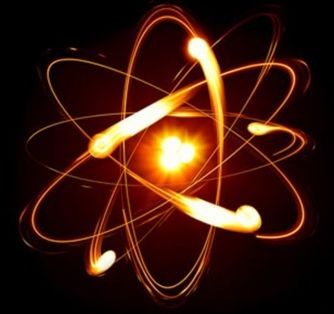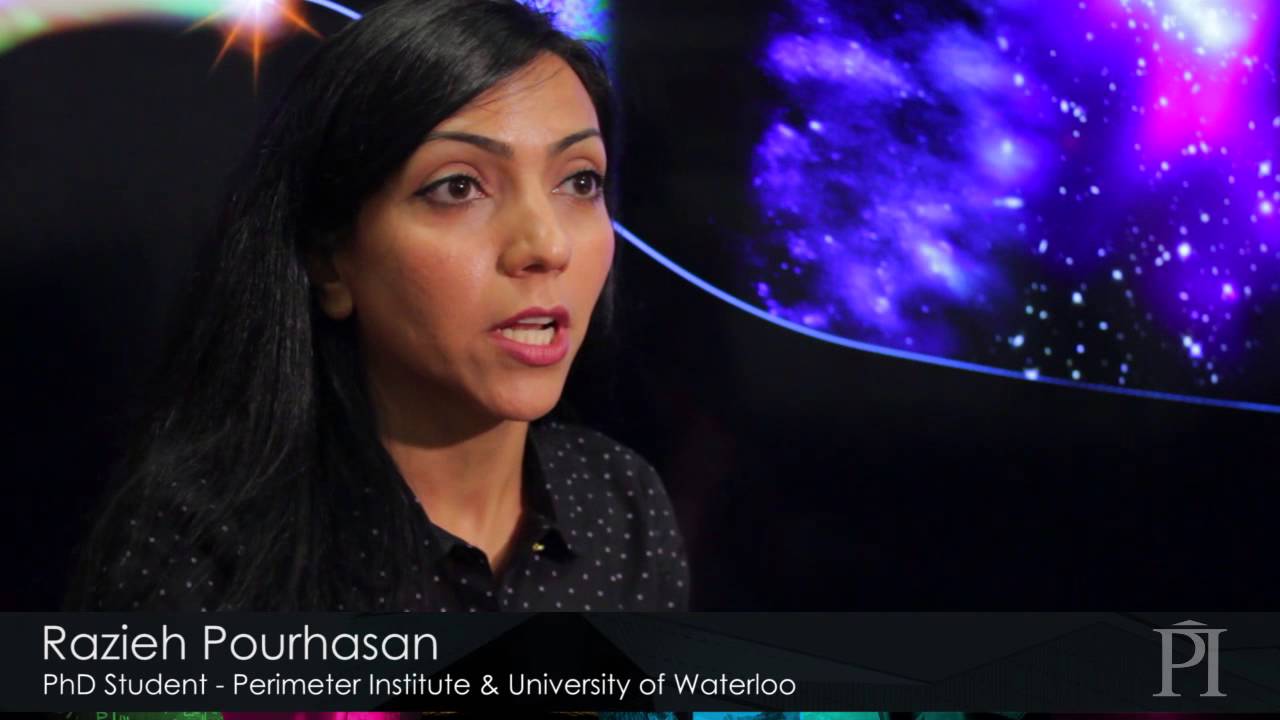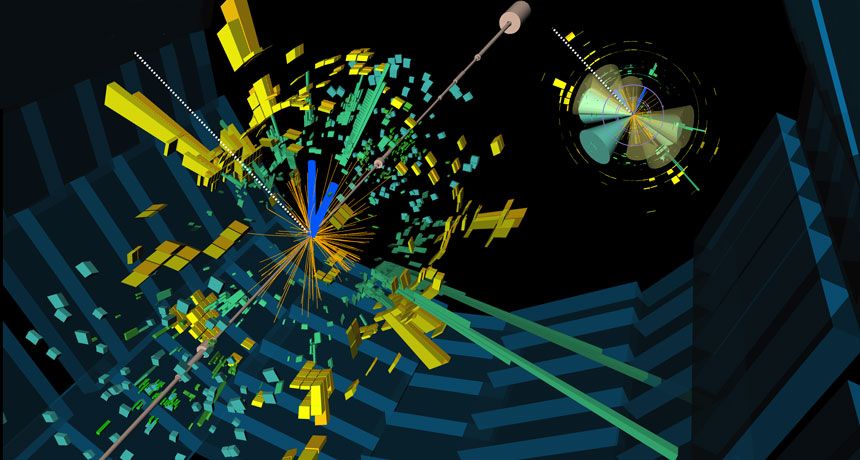Nov 23, 2016
Basic algorithm that enables our intelligence discovered in brains
Posted by Shane Hinshaw in categories: biotech/medical, information science, mathematics, neuroscience
Our brains have a basic algorithm that enables us to not just recognize a traditional Thanksgiving meal, but the intelligence to ponder the broader implications of a bountiful harvest as well as good family and friends.
“A relatively simple mathematical logic underlies our complex brain computations,” said Dr. Joe Z. Tsien, neuroscientist at the Medical College of Georgia at Augusta University, co-director of the Augusta University Brain and Behavior Discovery Institute and Georgia Research Alliance Eminent Scholar in Cognitive and Systems Neurobiology.

